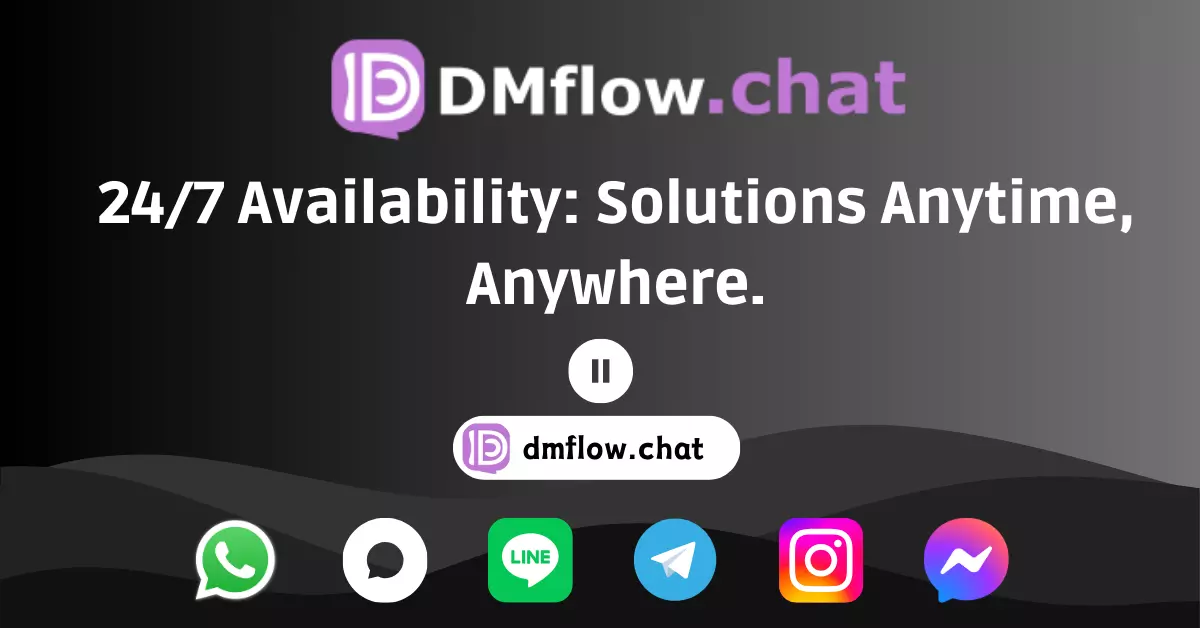OpenAI Halts Sora Access: Artists Protest Against Generative Video Tool
Description
Artists have openly protested OpenAI’s Sora generative video tool, accusing the company of using artists for unpaid research and promotional efforts. This article explores the core issues of this controversy, including artists’ grievances, OpenAI’s response, and the impact of generative AI tools on art creation.
Table of Contents
- Background: Sora Launch and Protests
- Artists’ Protest Statement and Demands
- OpenAI’s Response and Points of Controversy
- Potential and Risks of Generative Video Technology
- Future Outlook: How Art and AI Can Coexist
- Frequently Asked Questions (FAQ)
Background: Sora Launch and Protests
OpenAI recently launched Sora, a generative video tool that creates up to 60-second clips based on text, featuring multiple characters, specific actions, and detailed backgrounds. Around 300 artists and filmmakers were invited to test the tool to provide feedback for its improvement.
However, some participants (Sora PR Puppets) were dissatisfied with the program, seeing it as more of a publicity stunt than a true collaboration. Protesters publicly uploaded Sora access keys and released a statement criticizing OpenAI’s actions, leading the company to revoke access to the tool within three hours.
Artists’ Protest Statement and Demands
A statement signed by 19 artists outlined the following grievances:
Unpaid Labor Testers were required to debug, provide feedback, and conduct creative experiments without compensation, which artists argue is unfair for a company valued at $150 billion.
Exploitation for Promotion The testing program was accused of “art washing,” aimed at convincing the public of the tool’s artistic value while exploiting artists.
Unfair Selection Process Despite contributing creativity and effort, only a few artists’ works were showcased, with minimal rewards.
Artists demand greater transparency from OpenAI and call for fairer and more respectful support for artistic endeavors.
OpenAI’s Response and Points of Controversy
OpenAI issued a statement in response to the protests, emphasizing the following:
Sora Is in the Research Phase OpenAI claimed that Sora is still being tested, with efforts to balance creative development and safety measures.
Voluntary Participation Artists were not forced to provide feedback or use the tool, and testers were given free access to it.
Support for Artists OpenAI pledged to continue supporting artists through bonuses, events, and other initiatives, though critics argue these measures do not address the perceived unfairness.
Potential and Risks of Generative Video Technology
Sora and similar tools represent significant advances in AI for art but also pose risks:
Potential
- Enhanced Creativity AI tools can generate high-quality material quickly, serving as inspiration and assistance for artists.
- Lowered Barriers Generative tools allow non-technical users to create professional-level content.
Risks
- Exploitation of Labor Participants’ efforts may be undervalued, especially in programs lacking fair compensation.
- Creator Rights Issues AI use can blur the lines between original and generated content, potentially harming artists’ rights.
Future Outlook: How Art and AI Can Coexist
To enable coexistence between AI and art, the following measures could be implemented:
Transparent Testing Programs Developers should clearly define participants’ rights, including compensation and usage of outputs.
Fair Revenue Sharing Commercial value generated by AI tools should partially benefit the artists involved in their development.
Collaboration, Not Replacement AI should be positioned as an assistive tool rather than a substitute for human creativity.
Frequently Asked Questions (FAQ)
1. Why are artists protesting OpenAI’s Sora program?
Artists argue the program exploits their creativity and effort for unpaid labor while using their image for promotion without sufficient compensation.
2. What is Sora?
Sora is a generative AI video tool that creates clips featuring multiple characters and detailed backgrounds based on text input.
3. How has OpenAI responded to the protests?
OpenAI stressed that participation was voluntary and promised to support artists, but protesters remain dissatisfied with these responses.
4. What is the impact of generative AI on art creation?
Generative AI increases efficiency but raises concerns about undervaluing labor and threatening creators’ rights.
5. How can AI and art coexist in the future?
Through transparent collaboration, fair compensation, and emphasizing AI as a supportive rather than exploitative tool.
Temporary access to Sora (turbo) via Hugging Face repository was granted but deactivated three hours after the API key was made public:
For related posts on Platform X, visit:


